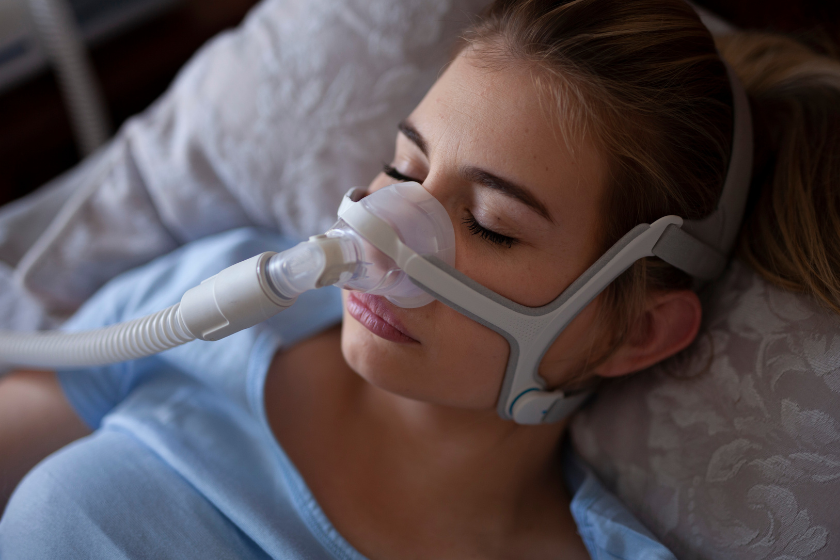


Sleep apnea is a sleep disorder characterized by pauses in breathing or periods of shallow breathing during sleep. These interruptions can last from a few seconds to minutes and can occur multiple times during the night, affecting sleep quality and potentially having implications for overall health.
Sleep apnea is a condition where breathing stops and restarts repeatedly during sleep, which can lead to daytime fatigue, difficulty concentrating, and increased risk of hypertension, heart disease, and strokes.
Symptoms include loud snoring, pauses in breathing during sleep, sudden awakenings with a feeling of choking, excessive daytime sleepiness, and difficulty concentrating.
Diagnosis typically involves a sleep study (polysomnography) in a clinic or a home monitoring device to measure breathing, oxygen levels, and brain activity during sleep.
Treatments include lifestyle changes (weight loss, avoiding alcohol, and sleeping on your side), the use of continuous positive airway pressure (CPAP) devices, and, in some cases, surgery to correct airway obstruction.